What’s the Buzz
The Bee Healthy Blog
Signs of Infertility in Women

Infertility is the inability to conceive (become pregnant) after one year or more of having unprotected sex. Approximately 1 in 5 women in the United States between the ages of 15 and 49 years who have never been pregnant before have female infertility. Infertility is less common among women who have given birth before, but it can still occur with subsequent attempts to get pregnant.
There are various factors that affect fertility in women. Infertility can occur if there is a problem with any of the steps necessary for a successful pregnancy.
Please continue reading for some infertility FAQs, including the signs of infertility in women.
How can a woman tell if she is infertile?
A woman can tell she is infertile if she is of childbearing age, has a regular menstrual cycle, and has been unable to conceive (become pregnant) after having unprotected sex for one year or longer.
It is worth noting that fertility in women declines with age. Therefore, healthcare providers sometimes recommend starting infertility treatment in women over the age of 35 years if they have trouble conceiving after 6 months of trying.
What are the first signs of fertility problems?
The first and main sign of fertility problems is being unable to get pregnant despite having unprotected sex for a year or longer. Often, there are no other infertility symptoms. This means it can sometimes take a year or more for infertile couples to realize there is a problem.
However, some women with unexplained infertility may have other symptoms, such as irregular menstrual cycles or absent menstrual periods. Male infertility may be accompanied by sexual dysfunction, erectile dysfunction, or low sperm count.
A fertility specialist can diagnose infertility, identify the underlying cause, and offer appropriate fertility treatments such as donor eggs, intrauterine insemination, or in vitro fertilization.
Determining the underlying cause is important to decide which fertility treatments are appropriate. For example, men who smoke or drink alcohol can have poor sperm quality. The inability to get pregnant can be due to exposure to environmental toxins. A reproductive medicine expert will obtain a sexual history, general health history, and genetic history to find the root cause of infertility.
What are the causes of female infertility?
For a successful pregnancy to occur, the female’s body must release an egg from the ovary, healthy sperm must join the egg, and the fertilized egg must make its way through the fallopian tube to the uterus and get implanted there. A problem in any of these steps can result in infertility. For example, if the fertilized egg attaches to any place other than the uterus, it can result in an ectopic pregnancy.
Which conditions affect female fertility?
Some of the reasons for an infertility diagnosis in women include:
Menopause
There is a natural decline in ovarian function that happens at around age 50, leading to irregular periods followed by absent periods. A woman who has not had a menstrual period for at least one year is said to be postmenopausal and can no longer become pregnant. Other symptoms of menopause include hot flashes, mood changes, and sleep difficulties.
Polycystic ovary syndrome (PCOS)
This is the most common condition that affects fertility in women. It is associated with irregular ovulation or the absence of ovulation (release of an egg from the ovary). Some women with polycystic ovarian syndrome have high testosterone levels and symptoms such as hirsutism (excessive hair growth) and acne.
Pelvic inflammatory disease
This is a condition in which sexually transmitted diseases such as chlamydia or gonorrhea move upwards from the cervix and vagina to a woman’s reproductive organs, causing permanent damage and infertility. Symptoms of pelvic inflammatory disease can include painful periods, lower abdominal pain, fever, vaginal discharge, pelvic pain or bleeding during sexual intercourse, burning with urination, and bleeding between periods.
Endometriosis
This is a condition in which tissue of the uterine lining (called the endometrium) grows outside the uterus. This abnormal tissue breaks down and bleeds with every menstrual cycle but cannot exit the body, forming scar tissue and adhesions around the pelvic organs. Endometriosis is linked to an increased risk of infertility.
Diminished ovarian reserve
All women are born with a fixed number of eggs at birth. There is a natural decline in the number of eggs over time. Some women with diminished ovarian reserve have fewer eggs in their ovaries than expected for age. This can be congenital (present from birth) or occur due to medical conditions or surgical procedures. Women with a diminished ovarian reserve may have difficulty conceiving naturally. They may also produce fewer eggs in response to fertility drugs used to stimulate ovulation.
Premature ovarian insufficiency
Also called premature menopause or premature ovarian failure, this is a condition in which the ovaries stop working before age 40. Chemotherapy and pelvic radiation therapy are known causes of pelvic ovarian insufficiency, but sometimes the cause remains undiscovered. A small number of women with POI can conceive naturally.
Functional hypothalamic amenorrhea
This is a condition caused by intensive exercise, excessive weight loss, severe stress, or a combination of these factors. It is sometimes seen in women with eating disorders like anorexia.
Hormonal imbalance
Proper functioning of the hypothalamus and pituitary glands in the brain is necessary to maintain normal ovarian function. Hormonal disorders originating in these glands can lead to hormonal imbalances (high or low hormone levels of the reproductive hormones such as follicle-stimulating hormone and luteinizing hormone). This can lead to ovulation disorders, resulting in infertility.
Problems with the uterus and fallopian tubes
Any obstructions in the fallopian tubes (the tubes through which the egg makes its way from the ovary to the uterus) can result in infertility. Risk factors for blocked fallopian tubes include pelvic infections, endometriosis, ruptured appendix, and prior abdominal surgery. Changes in the uterus, such as uterine fibroids, endometrial polyps, or congenital anomalies, can also cause infertility.
When to see a doctor for female infertility?
You should see a doctor for suspected infertility based on your age as follows:
- Below age 35: Try to get pregnant for at least one year before seeking fertility treatment.
- Between 35 and 40 years of age: Talk to your doctor about fertility concerns after trying for 6 months.
- Over age 40: Talk to your doctor about infertility treatments without delay.
Your doctor may refer you to a specialist in reproductive health to begin testing or fertility treatment with assisted reproductive technology right away if you or your partner have known fertility problems or a risk factor for infertility, such as irregular periods, endometriosis, pelvic inflammatory disease, repeated miscarriages, tubal pregnancy, prior abdominal or pelvic surgery, or cancer treatment.
References:
- https://www.cdc.gov/reproductivehealth/infertility/index.htm#:
- https://www.cdc.gov/std/pid/stdfact-pid.htm
- https://www.mayoclinic.org/diseases-conditions/female-infertility/symptoms-causes/syc-20354308
- https://www.pennmedicine.org/for-patients-and-visitors/patient-information/conditions-treated-a-to-z/female-infertility
- https://my.clevelandclinic.org/health/diseases/16083-infertility
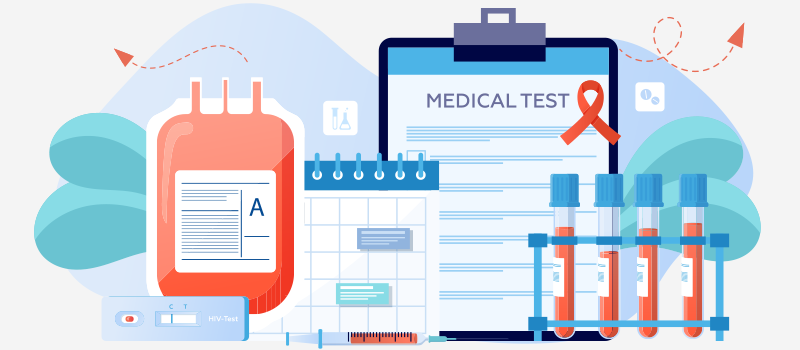
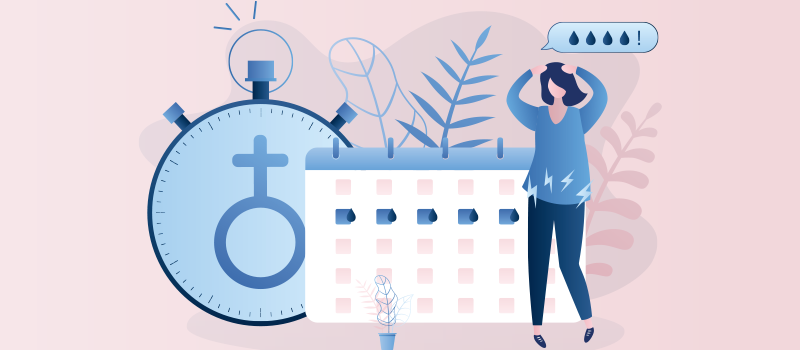


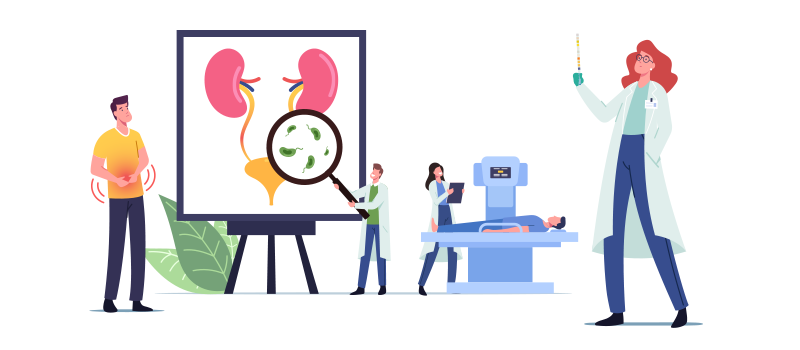

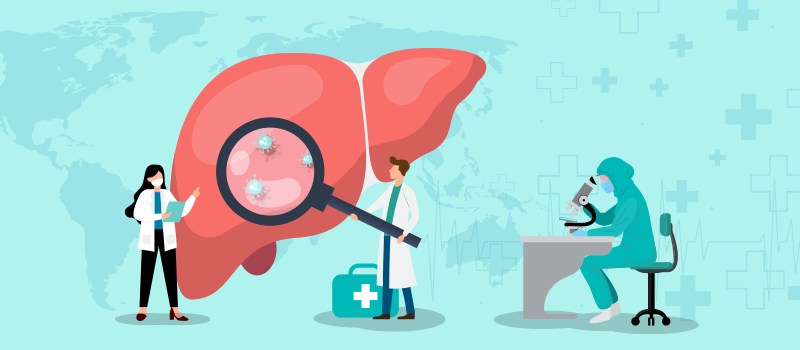




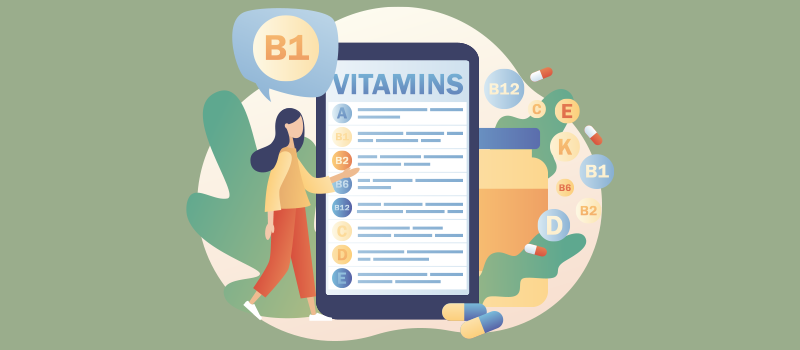
SOCIAL